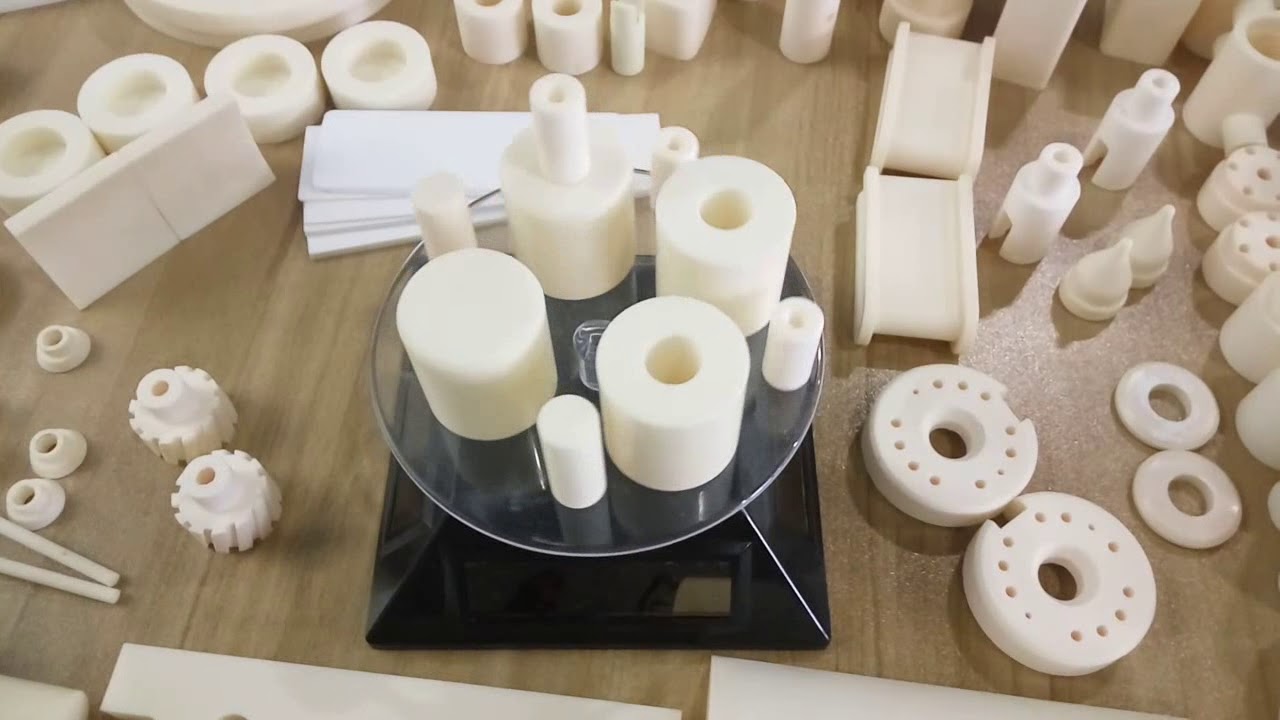Once you finish taking the interview, the biggest work starts here. Yes, you have to transcribe it. Although many underestimate this tiresome work, it involves many steps that are necessary to follow carefully. Here are a few things to keep in mind before transcribing interviews:-
Keep all the necessary equipment ready
It is important to understand that correct equipment plays a significant role when it comes to transcribing interviews. Besides, interview transcription is not an easy task since it involves many tough tasks. For this, you will have to invest in good earphones, a working laptop or even a desktop as well as a comfortable chair so that you can sit relaxingly and do all the important work without any hassle.
Apart from that, you will need a paper and pen for noting down all the important points you are going to require after transcribing the interviews. These important points are quite handy since you will have to re-check everything once you finish transcribing the interview completely.
Follow the instructions
One of the essential things that you have to keep in mind before starting with transcribing is whether the client provided any instructions for following. Most of the time, the client will instruct you to transcribe the entire interview in verbatims. They might also instruct you to include various utterances so that it sounds more natural. Similarly, they might also ask you to come up with such an interview transcription not having verbal tics.
Apart from that, in many cases, all the recorded information becomes important to avoid since it might breach the data policies. Due to this reason, make sure to ask your client for any instructions so that it becomes easy to transcribe the interview without any issues.
Make sure to proofread carefully
After finishing with the transcription work, make sure that you are proofreading everything carefully. Proofreading is undoubtedly one of the best options if you want to submit your work without any unwanted mistakes. From wrong spellings to unwanted punctuation usage, everything can be removed with proofreading. It is better if you carefully go through the file so that you can be sure of the checked mistakes. F7 is one of the best options if you want to check the spelling while writing.
Be careful of the time
It is better to avoid rushing when transcribing any interview. Ask your client to forward the file at least two to three days before the deadline. Doing this will help you with more time for checking and making necessary changes after transcribing.
Hence, interview transcription is undoubtedly tough. However, following the above-listed things you will be able to finish the work flawlessly.




